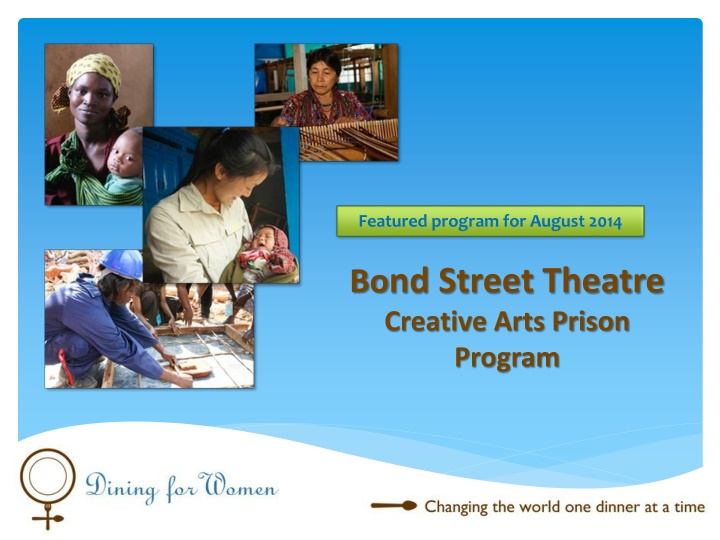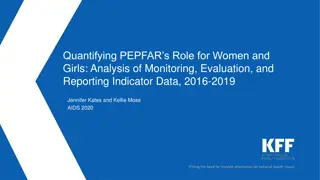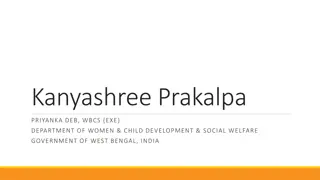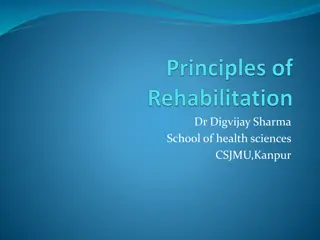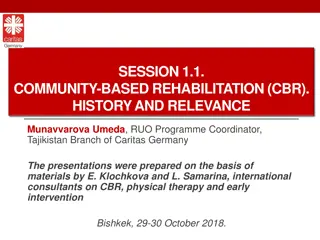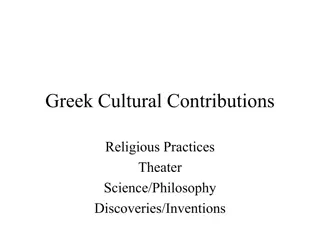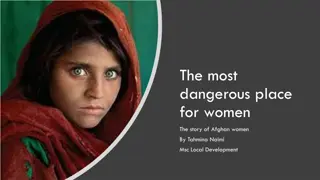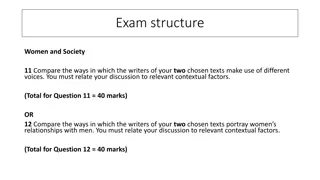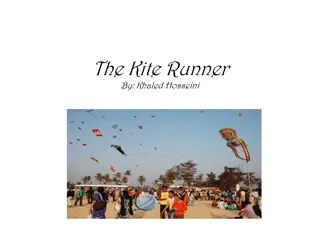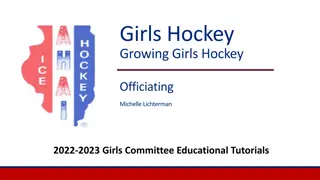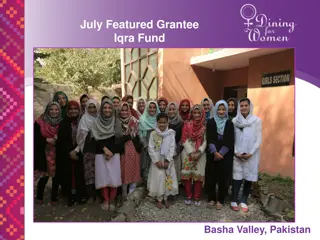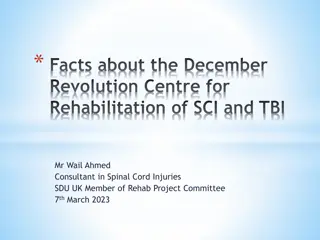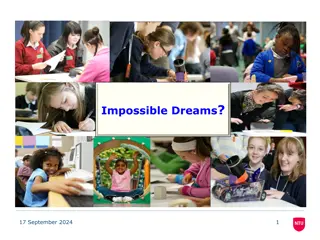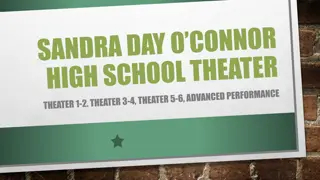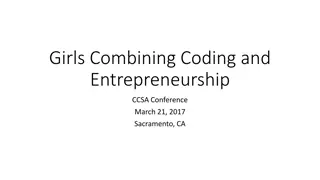Supporting Afghan Women and Girls Through Theater-Based Rehabilitation Program
Bond Street Theatre's Creative Arts Prison Program supports Afghan women and girls by using theater-based techniques to encourage self-expression, build self-esteem, and provide life skills for re-entry into society. The program addresses the challenges faced by incarcerated women and girls in Afghanistan, offering workshops, training, and creative activities to empower them and improve their quality of life.
Download Presentation

Please find below an Image/Link to download the presentation.
The content on the website is provided AS IS for your information and personal use only. It may not be sold, licensed, or shared on other websites without obtaining consent from the author.If you encounter any issues during the download, it is possible that the publisher has removed the file from their server.
You are allowed to download the files provided on this website for personal or commercial use, subject to the condition that they are used lawfully. All files are the property of their respective owners.
The content on the website is provided AS IS for your information and personal use only. It may not be sold, licensed, or shared on other websites without obtaining consent from the author.
E N D
Presentation Transcript
Featured program for August 2014 Bond Street Theatre Creative Arts Prison Program
What are we supporting? DFW will support Bond Street Theater s Creative Arts Prison Program, which uses theater-based techniques to encourage self-expression, build self-esteem, promote healing and provide life skills to ease re-entry into society. The $41, 125 grant pays for: Wages and fees for U.S. and local artists, equipment, travel, training material and supplies Training Afghan female actors to implement programs for women in prison Conduct 136 workshops impacting women and girls in Herat Women s Prison, Herat Juvenile Correction Center, and Herat women s shelters 2 August 2014
Life Challenges of Women and Girls Afghan laws protecting women s rights are often ignored when women are accused of violating social and religious norms Zina crimes are violations of social and religious norms Crimes can include running away from an abusive marriage, fleeing domestic violence, or being a victim of rape or sexual abuse They are often tried outside the Afghan judicial system in tribal court where women s rights are ignored Women generally have no knowledge of their rights They accept their fates and do not try to fight back They are ill prepared financially to hire a lawyer, and their families will not help them Children of convicted women live in the prison with their mothers Women give birth in prison. Children stay with their mothers until they reach the age of eight. Juvenile girls stay in Juvenile Correction Centers Girls convicted of moral crimes are also incarcerated with no regard for their rights. Many are in danger of abuse or death if they return to their homes. 3 3 August 2014
The Program Introduces theater-based programming in the rehabilitative process for incarcerated Afghan women and girls to help them learn skills that will ease their re-entry into society Train the women of arts partner Simorgh Theatre of Herat in theatre-based practices for incarcerated women Conduct 136 workshops throughout the year at the Herat Women s Prison, the Herat Juvenile Correction Center and women s shelters in Herat Improve the life skills of incarcerated women by developing communication, critical thinking, and problem-solving skills Build self-confidence and motivation Provide creative and healing activities for incarcerated women to enjoy with their children Train staff in the prison environment to ensure an ongoing and adaptable program 4 August 2014 The program will directly aid more than 500 women and girls.
Program Budget DFW s grant to Bond Street Theatre is $41,125 # 100 hrs 20 hrs 3 weeks Unit $ per Total $3,000 $400 $6,600 $1,500 $11,500 $4,400 $700 $320 $500 $850 $2,160 $1,890 $1,890 $12,710 $500 $675 $450 $1,625 $2,500 $4,400 $3,200 $2,000 $790 $12,890 $700 $500 $500 $200 $500 $2,400 $41,125 Line Item US Project Director - US based planning and reporting 2 US Artist-Educators - US based planning and reports 2 US Artist-Educators in Afghanistan Fringe benefit at 15% $30 $20 $2,200 Subtotal Salaries, Wages, and Benefits International Air for 2 US Artists In country Air Kabul to Herat Round Trip Visas International Travel & Health Insurance Ground travel - taxi, hired car - US artists Ground travel - local Afghans for full project Per Diem US Artist-Educator #1 Per Diem US Artist-Educator #2 2 tkts 2 tkts 2 visas 2 people 17 days 108 days 21 days 22 days $2,200 $350 $160 $250 $50 $20 $90 $90 Subtotal Travel/ Per diem Video / Photo equipment rental, footage archiving Printing of workshop materials, Training Manual, DVDs Theatrical and workshop supplies: costumes, masks, crafts 15 manual $45 Subtotal Equipment & Supplies Project Director Fee Afghan Artist-Educator #1 Afghan Artist-Educator #2 Performance Fees: 4 shows with 4 actors Security / Escort fees 88 classes 64 classes 16 shows $50 $50 Subtotal Contractual Fees Local phone service, internet, other communication (documentation) Rehearsal studio rental Afghan Studio Rental Liability Insurance(15% of $1300 annual cost) Emergency Program Expenses 10 days 10 months $50 $50 Subtotal Other Direct Costs Grand Total August 2014 5
Why we Love this Program Bond Street Theatre s award-winning method is unique in that it utilizes targeted programming based on the needs of the group. The population served and their experiences are unique and foreign to the general American public. A population with complex needs and challenges Use of creative arts to rehabilitate Innovative methods based on educational success A great potential for educating DFW members on the population and how creative arts can be used to serve its needs The program is designed to be continued as part of the inmate rehabilitation process long after DFW funding for the program ends 6 August 2014
Voices of the Women We learned to talk simply to people and ask them about their problems and also ask them their solutions This helps them to analyze things themselves. -- Sakina, Herat We can create drama about people s problems and convince them that not allowing their daughters to go to school is damaging. And that beating their wives creates misery. This is useful for people to gain awareness. Safina, Nangarhar 7 7 August 2014
About the Organization Bond Street Theatre was founded in 1976 by a group of physically skilled, socially concerned actors dedicated to innovative theatre led by Joanna Sherman and Patrick Sciarratta Trained extensively in the physical and gestural arts of many traditions to develop a theatrical language that communicates across cultural borders Complements striking theatrical forms like acrobatics, masks, stilts, etc. with gestures, rituals, symbols puppetry, music, and performance styles from many cultures Today works internationally in collaboration with local theatre arts groups and initiating community-based arts projects Committed to peace and projects for education healing and empowerment in critical areas. Ensures sustainability by training local trainers in these techniques 8 August 2014
Where they Work Afghanistan is a mountainous land-locked country in central Asia known formally as the Islamic Republic of Afghanistan with a history and culture that goes back 5,000 years Theater and all of the arts were decimated by eight years of strict Taliban law. Most children under 10 haven t seen a performance of any kind Excessive violence and instability has created a population with disrupted coping skills, compounded by inconsistent schooling, work, recreation and voice in civic affairs Children under the age of 10 probably haven t seen a performance of any kind, nor a painting, nor seen a dance. Joanna Sherman, Founder, Bond Street Theatre 9 August 2014
Questions for Discussion Care to share your thoughts? 1. Why do you think women s rights are not protected by the Afghan judicial system in spite of laws that require equal treatment? 2. Women who are incarcerated have no home to return to and no skills to help them return effectively to society. Why do you think women are so unprepared for life outside of prison? 3. How do you think theater arts can help these women develop better skills to help them return to society more successfully? 10 August 2014
